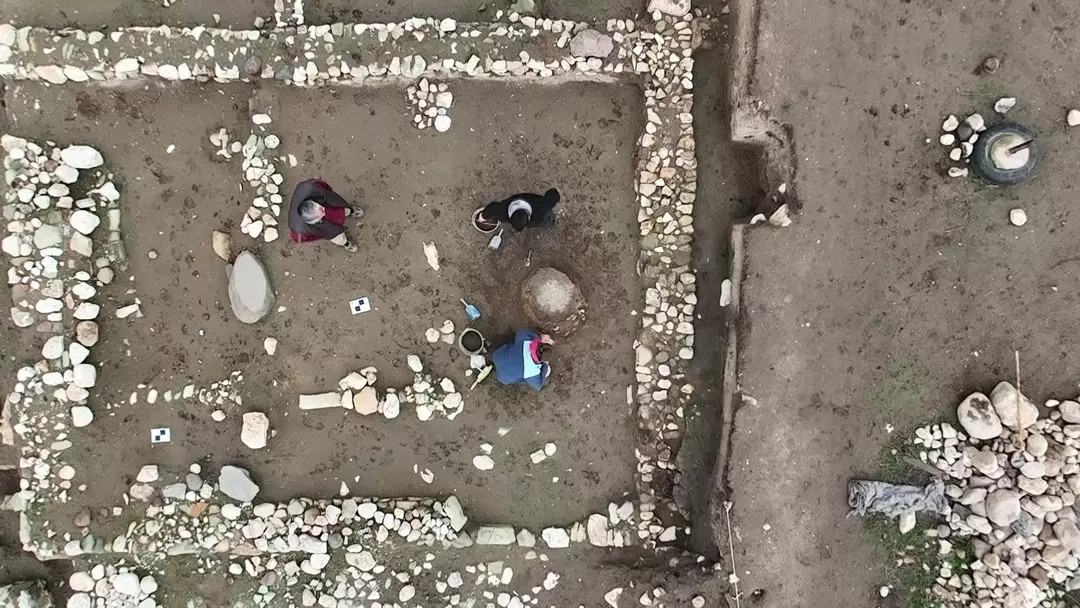Introduction
Ancient Greece, one of the most influential civilizations in history, flourished from around 800 BCE to 146 BCE. Known for its contributions to philosophy, politics, arts, and sciences, Greek society was diverse, with city-states (poleis) such as Athens, Sparta, and Corinth each having unique customs. Daily life varied based on class, gender, and region, but many aspects of work, family, education, and leisure were shared among the Greeks.
Social Structure and Housing
Greek society was divided into several social classes:
Citizens: Free men born in the city-state who had political rights.
Metics: Non-citizen residents, often merchants or craftsmen, who paid taxes but lacked political rights.
Women: Though Greek women had domestic responsibilities, their status varied by city-state. In Athens, they had little political influence, while in Sparta, they enjoyed more freedoms.
Slaves: A significant part of Greek society, slaves performed household, agricultural, and industrial labor.
Housing in ancient Greece was simple, made of mud bricks and wooden beams. Homes had a gynaeceum (women’s quarters) and an andron (men’s quarters for entertaining guests). Wealthier Greeks had more elaborate homes with courtyards, mosaic floors, and decorative columns.
Work and Economy
The economy of Greece was based on agriculture, trade, and craftsmanship:
Farmers cultivated wheat, barley, olives, and grapes, while herding sheep and goats.
Craftsmen specialized in pottery, sculpture, and metalwork.
Merchants traded goods such as wine, olive oil, and textiles across the Mediterranean.
Slaves worked in homes, fields, and silver mines, such as those in Laurion, which funded Athenian naval power.
Education and Philosophy
Education was crucial in Greek society, particularly in Athens:
Boys from wealthy families attended school, learning reading, writing, mathematics, music, and rhetoric.
Philosophers such as Socrates, Plato, and Aristotle played a pivotal role in shaping Greek intellectual traditions.
In Sparta, education focused on military training, discipline, and endurance, with boys entering rigorous training at age seven.
Girls’ education was informal, centered around household skills, though in Sparta, they received physical training to produce strong offspring.
Family Life and Gender Roles
Greek families were patriarchal, with the kyrios (male head of household) making all major decisions. Marriage was arranged, with women marrying in their early teens. Athenian women were expected to manage the household, while Spartan women had more public freedom and could inherit property.
Children played with dolls, balls, and small chariots, while boys trained for civic and military duties. Infant mortality was high, making childbirth a critical event often associated with religious offerings.
Clothing and Personal Appearance
Greek clothing was simple yet elegant:
Men wore tunics called chitons, belted at the waist.
Women wore longer chitons or peploi, often adorned with pins and decorative elements.
Himation, a cloak, was used for warmth and travel.
Wealthy Greeks accessorized with jewelry, and both men and women used perfumes and oils.
Hairstyles varied; men typically kept their hair short, while women styled theirs elaborately.
Food and Dining
Greek diets were based on locally available ingredients:
Staples: Bread, olives, cheese, figs, and wine.
Meat and fish: Eaten on special occasions, with pork, goat, and seafood being common.
Symposia: Exclusive gatherings where elite men debated philosophy while drinking wine.
Religion and Festivals
Religion was central to Greek life, with polytheism shaping daily activities. Major gods included Zeus, Athena, Apollo, and Dionysus. Each polis had patron deities, with Athens devoted to Athena and Delphi famous for its oracle.
Religious festivals included:
Olympic Games: Honoring Zeus, held every four years.
Panathenaic Festival: Celebrating Athena in Athens.
Dionysia: Dedicated to Dionysus, featuring dramatic performances.
Entertainment and Leisure
Ancient Greeks enjoyed various forms of entertainment:
Theater: Tragedies and comedies were performed in grand amphitheaters, with playwrights like Sophocles, Euripides, and Aristophanes gaining fame.
Sports: Wrestling, discus, chariot racing, and pankration (a form of martial arts) were popular.
Music: Instruments like the lyre and aulos were played at gatherings.
Public Baths and Gymnasia: Served as centers for exercise and socializing.
Law and Governance
Each city-state had its own political system. Athens pioneered democracy, with citizens voting on laws and policies in the Ecclesia. Sparta was ruled by dual kings and a council of elders. Laws were enforced by magistrates, and trials included juries drawn from citizens.
Conclusion
Daily life in ancient Greece was deeply intertwined with work, family, religion, and civic engagement. Though daily experiences varied between city-states and social classes, Greek culture remains one of the most studied and admired in history, shaping modern governance, philosophy, and the arts.







